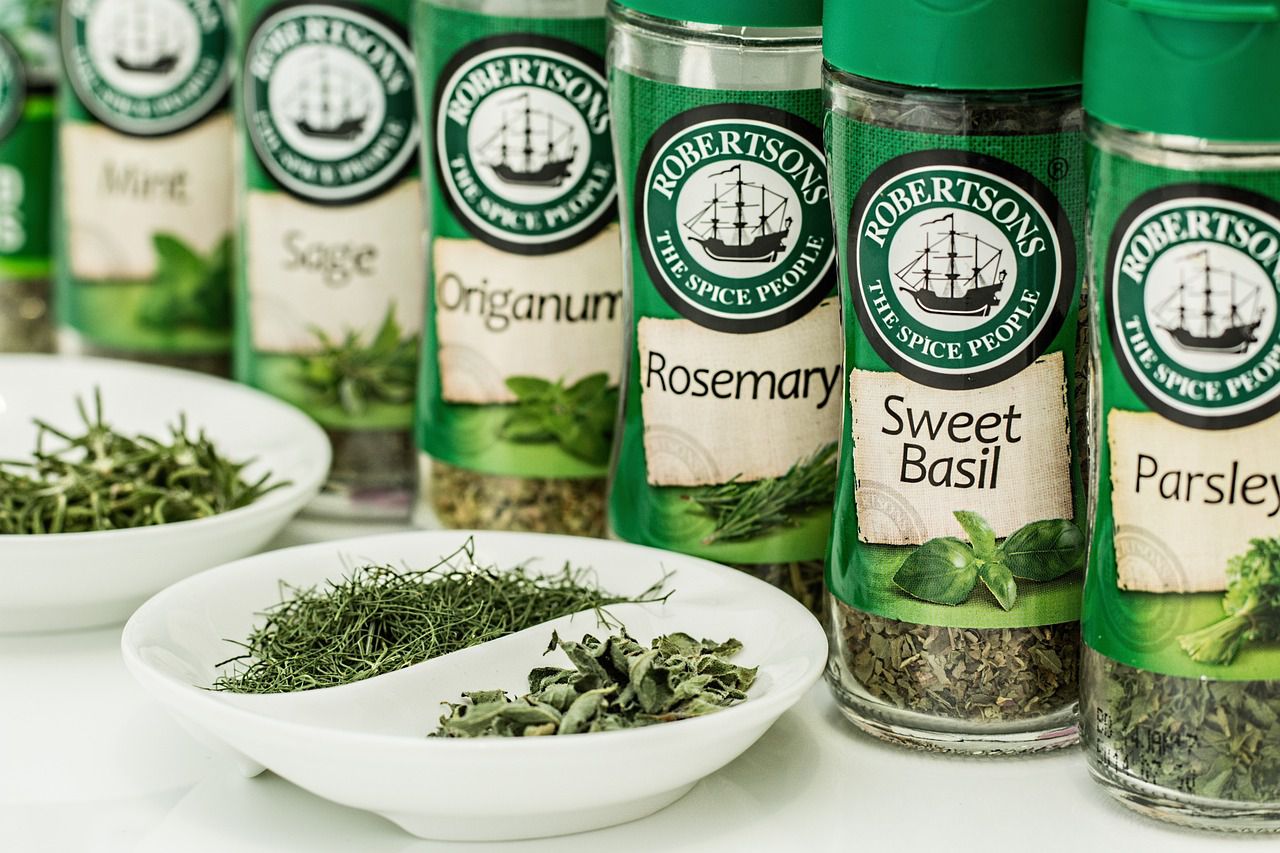Adding herbs at the end of the cooking process is a common culinary practice that enhances the flavor, aroma, and visual appeal of a dish.
While it seems that you should add them in the very beginning, so other components can get more flavor and aroma, it's not true.
There are several reasons why incorporating herbs near the end of cooking is preferred.
Freshness
Adding herbs at the end preserves their fresh and vibrant flavors.
Heat exposure during extended cooking can cause herbs to lose their potency and taste dull.

Aroma
Herbs release their aromatic oils when exposed to heat.
By adding them at the end, their fragrant aromas are more pronounced, elevating the overall dining experience.
Color
Fresh herbs contribute vibrant colors to dishes, making them visually appealing.
Adding them towards the end allows their natural colors to shine through and enhance the dish's presentation.
Texture
Some herbs, like basil or parsley, have delicate leaves that can wilt or turn brown when subjected to prolonged cooking.
Adding them at the end maintains their pleasing texture and appearance.
Preventing bitterness
Certain herbs, like cilantro and mint, can become bitter when overcooked.
Adding them at the end prevents this bitterness from affecting the dish's overall taste.
Garnishing
Adding fresh herbs as a garnish just before serving enhances the dish's presentation and provides a burst of fresh flavor.








